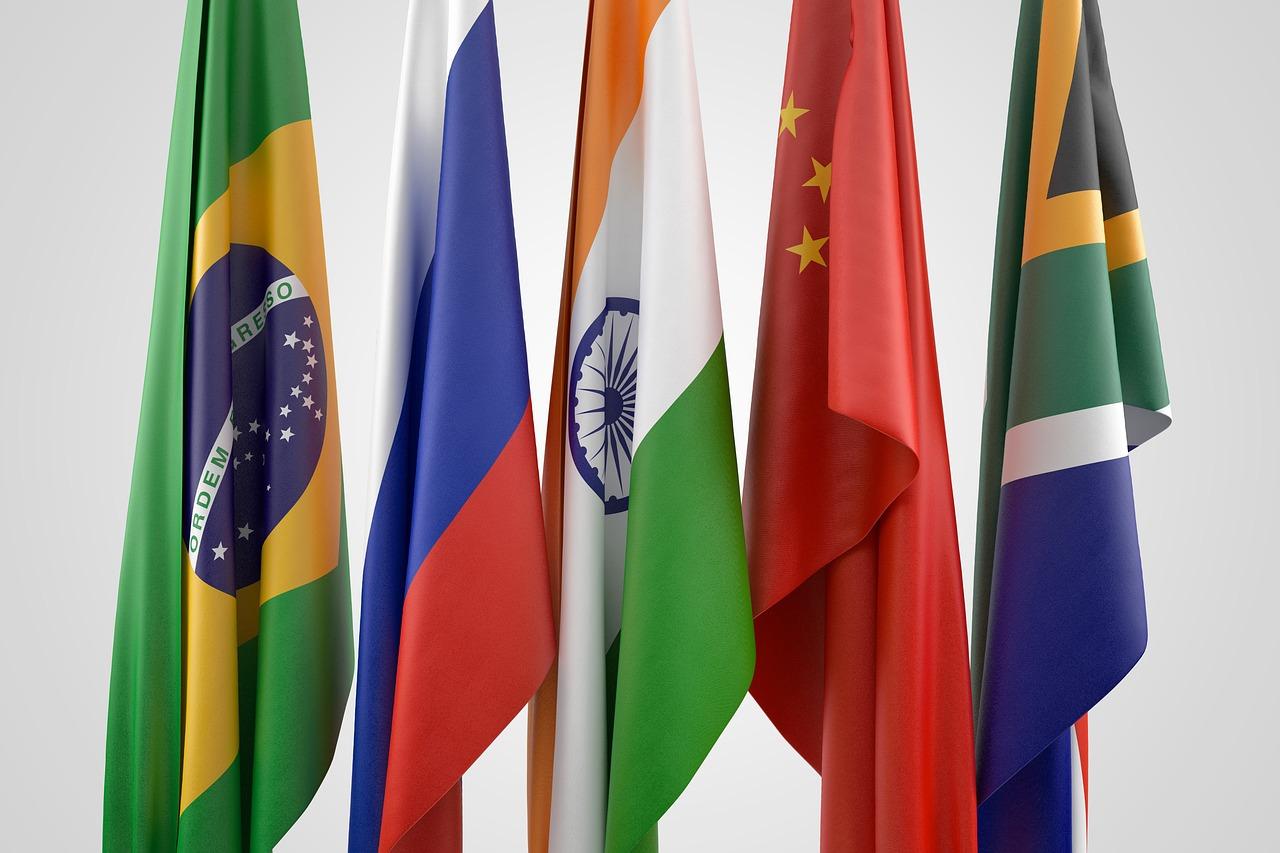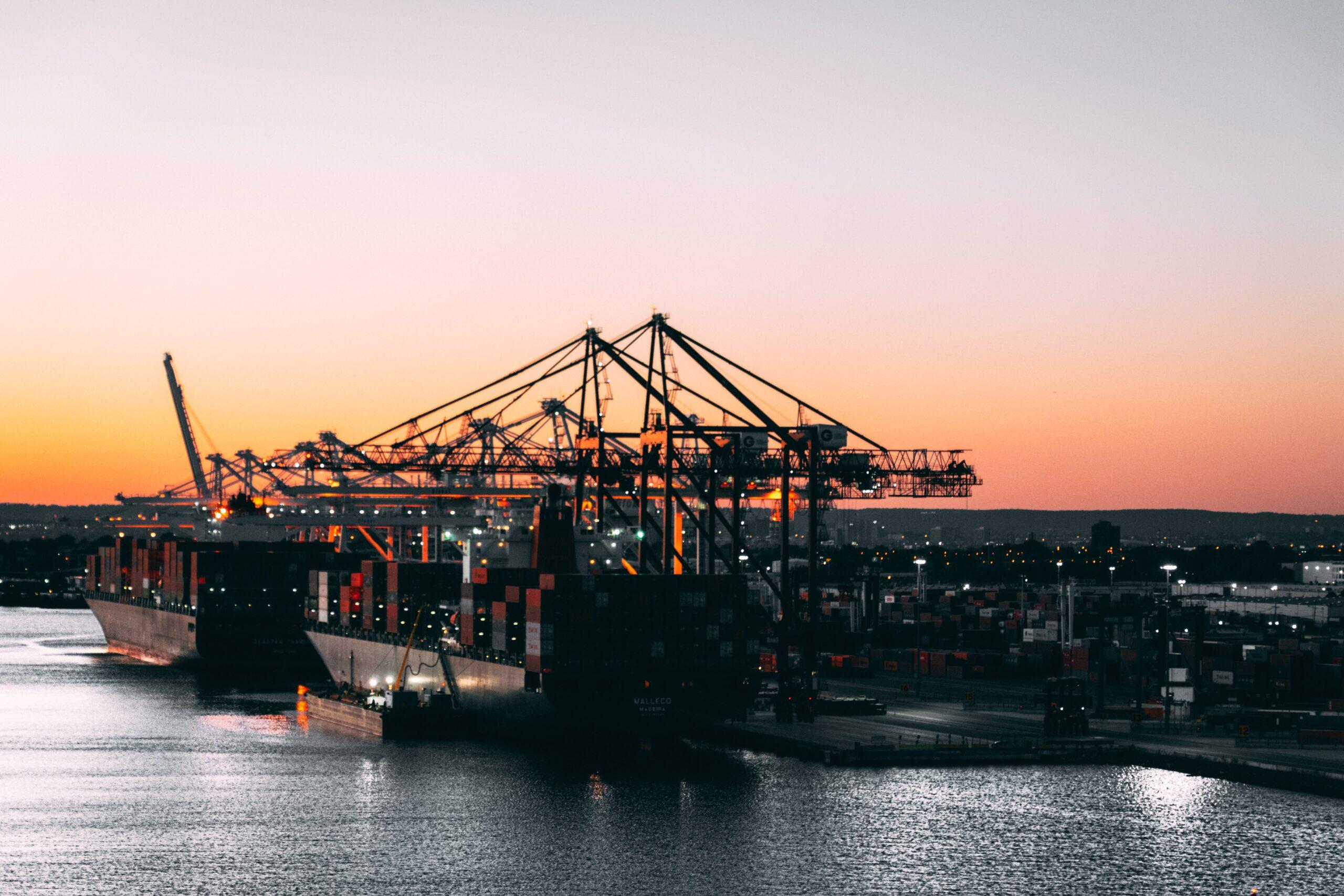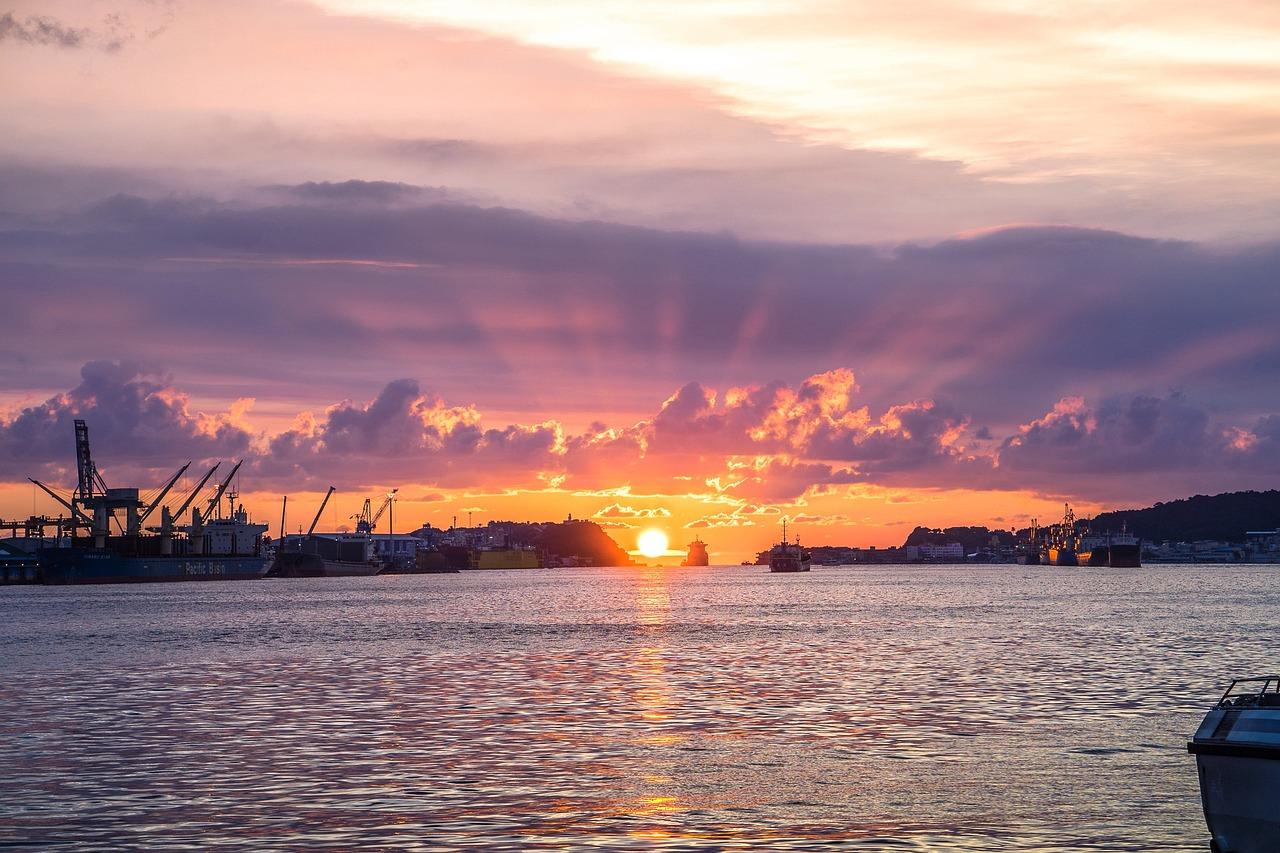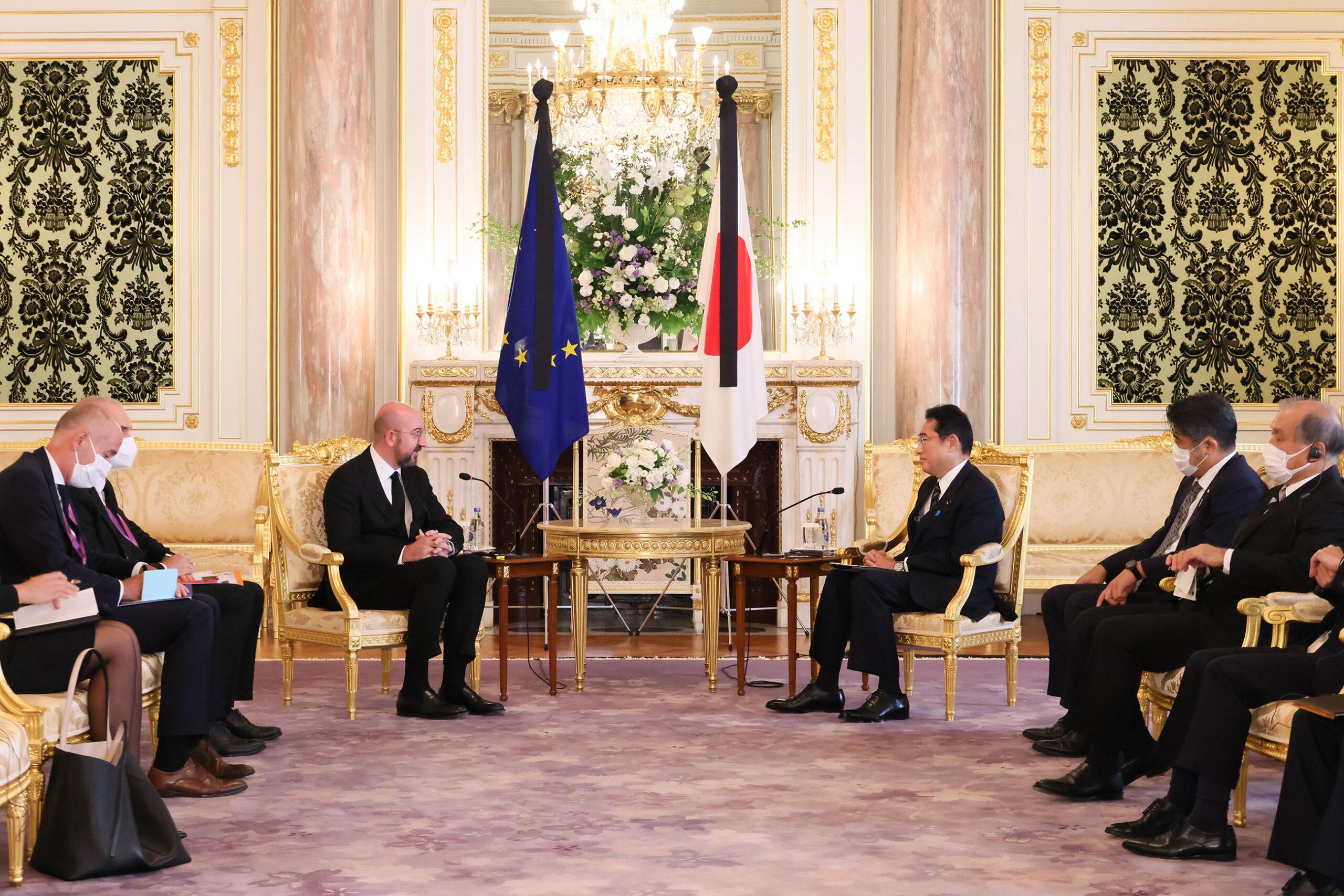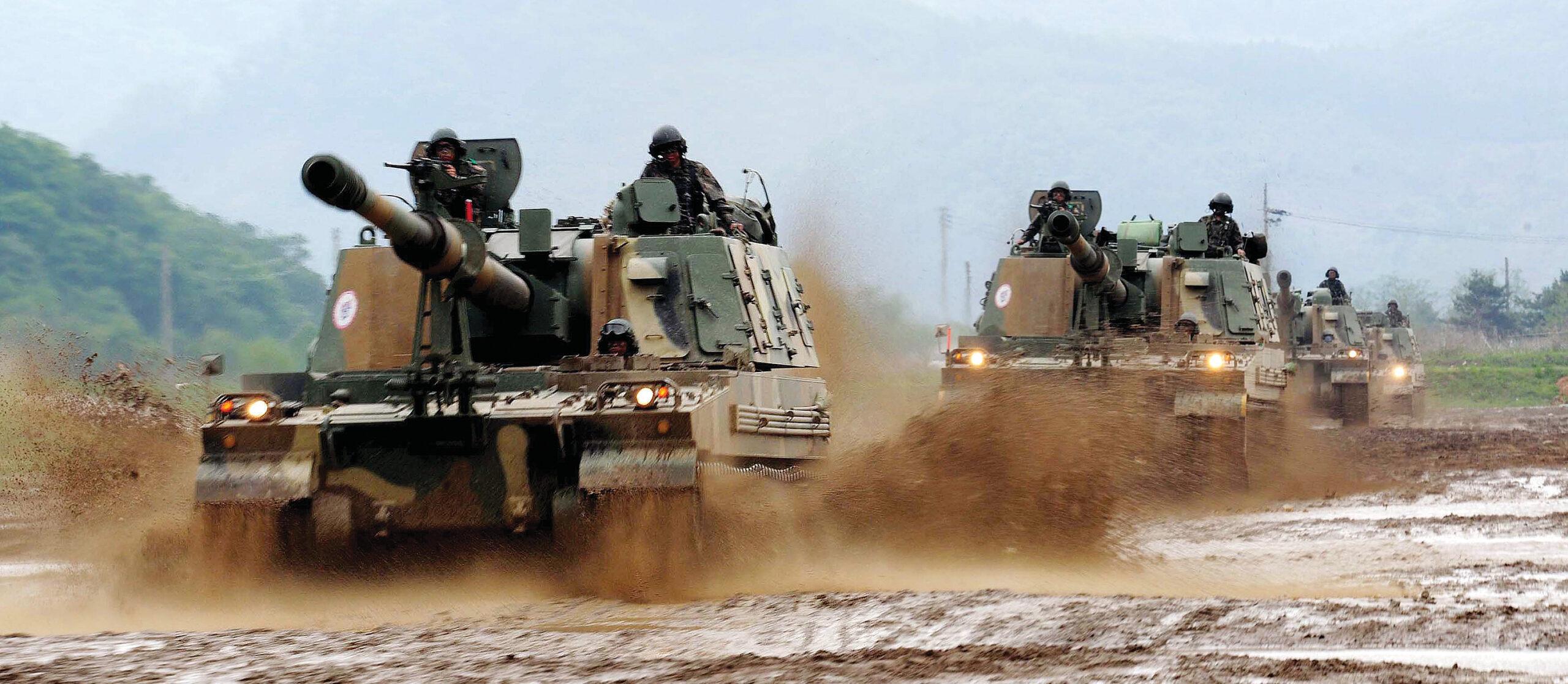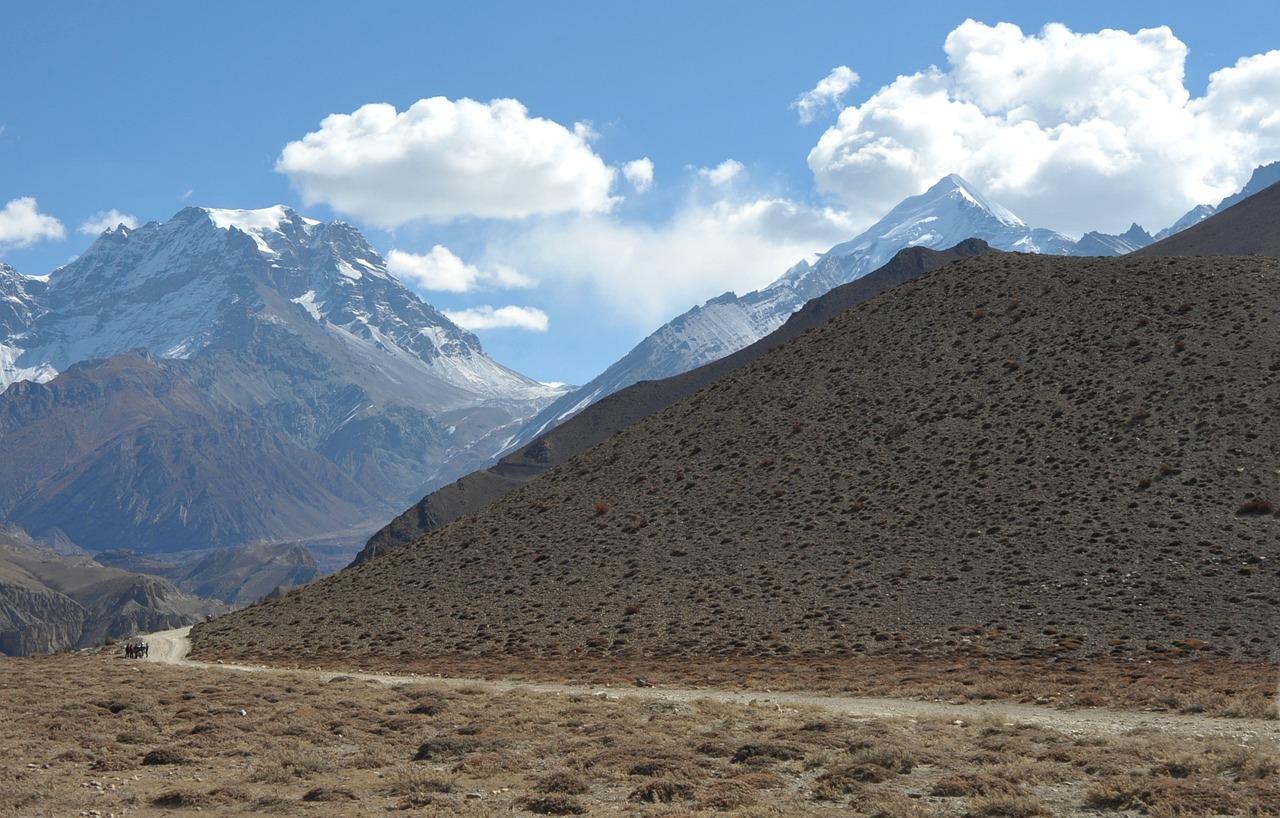
To BRI or not to BRI: Examining European Implications of Nepal and China’s Different Perspectives on BRI Projects
In 2013 China launched its Belt and Road Initiative (BRI), which seeks to increase globalisation and connectivity primarily through infrastructure projects. Through these projects, China aims to make economic gains as well as support the host country’s infrastructure, as many of the 150 signatories on the initiative are Least Developed Countries (LDCs), and to close the global infrastructure gap.

